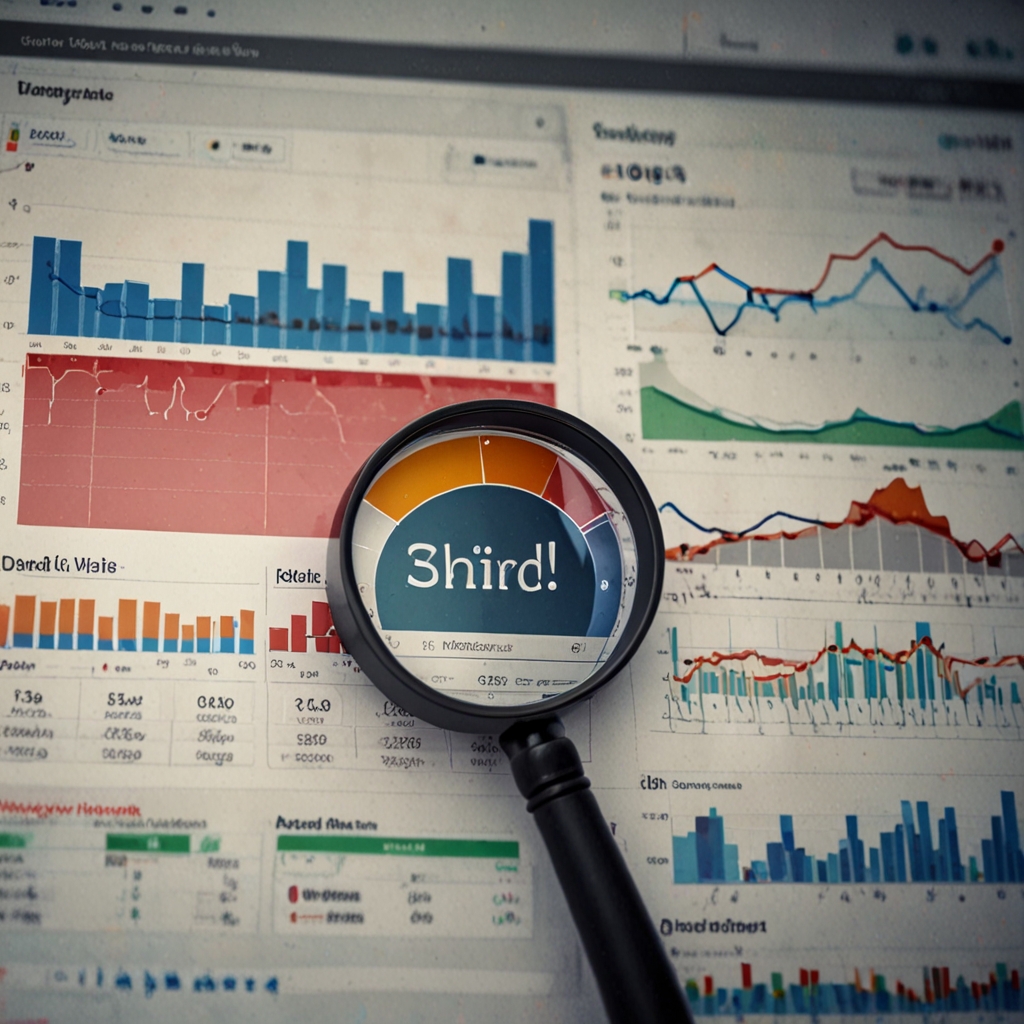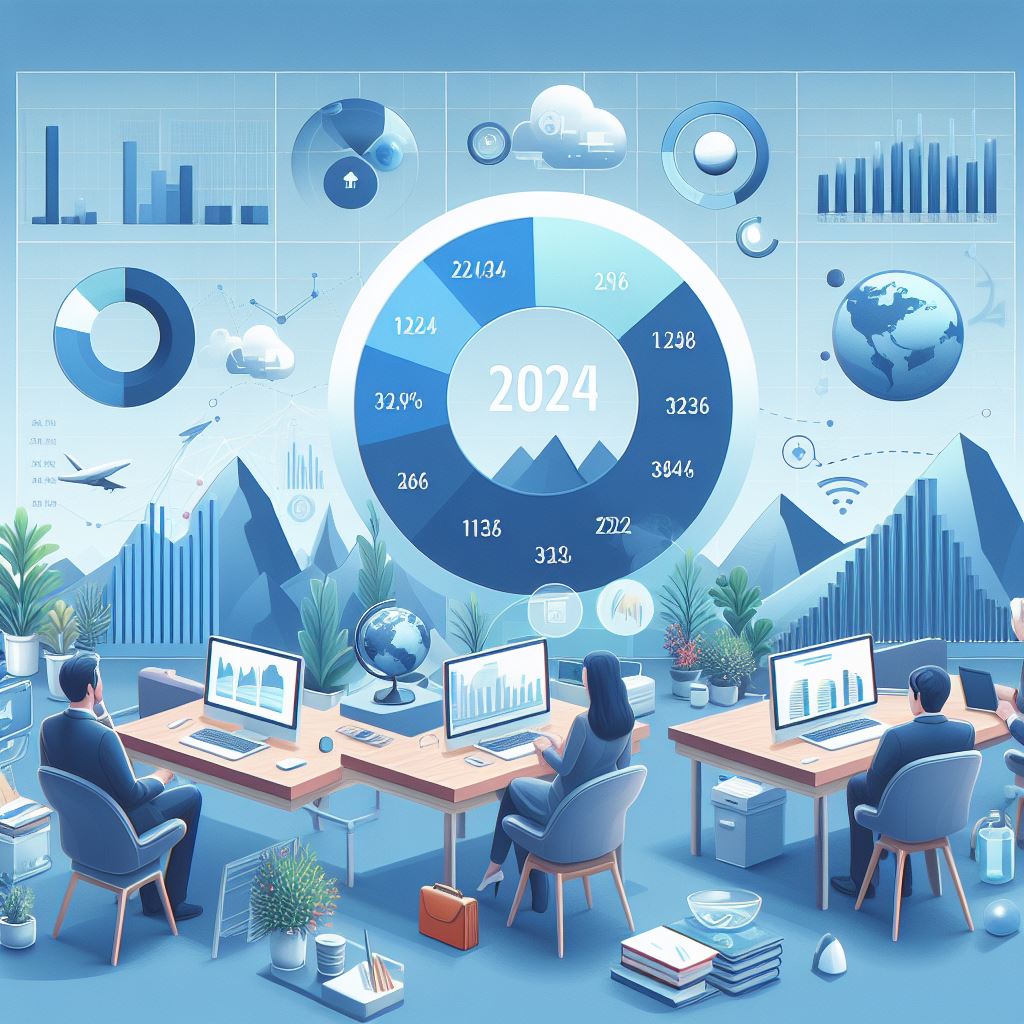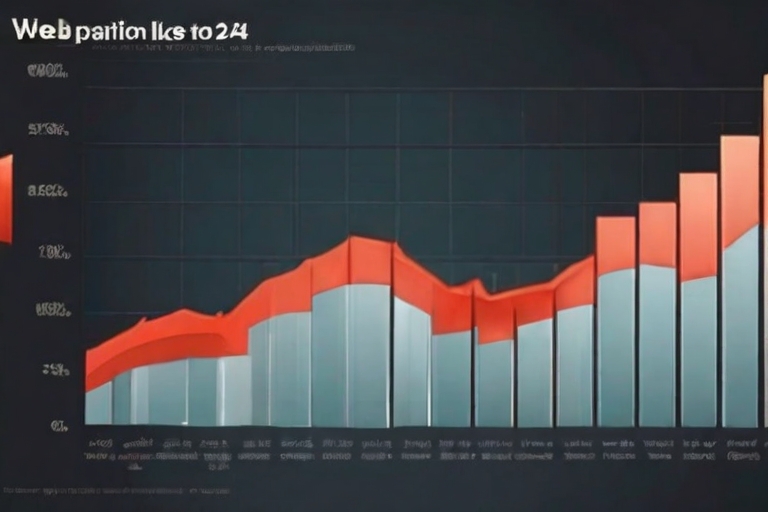Artificial Intelligence SEO and Semantic Search Techniques Explained encompass the latest advancements in digital marketing to enhance online visibility and search performance. Search engine optimization (SEO) using artificial intelligence leverages machine learning and semantic understanding to improve website traffic and user engagement. As search engines like Google increasingly rely on AI algorithms for ranking and indexing, businesses must adapt to these evolving techniques to stay competitive. Understanding these cutting-edge methods can lead to significant improvements in how websites perform in search results, driving better traffic and conversion rates. Matrics Rule, a leader in the field, offers expert insights on implementing AI-driven SEO strategies effectively.
Table of Contents
- Leveraging AI for Website Optimization
- Understanding Google’s AI Algorithms for Optimization
- AI’s Role in Semantic Search Enhancements
- How Does AI Understand User Intent in Semantic Searches?
- Effective Content Structuring for Improved SEO
- How Does Content Structure Affect Machine Learning Models?
- Deep Dive Into Artificial Intelligence in SEO
- How Will AI SEO Tools Evolve in the Next Five Years?
- Do AI-Powered Tools Transform Traditional SEO?
- Why Does AI Outperform Manual SEO in Complex Queries?
Key Takeaways on Artificial Intelligence SEO and Semantic Search Techniques Explained
- Understanding how AI SEO works allows businesses to boost website performance significantly.
- Google’s RankBrain is an important algorithm that impacts search results and rankings based on user intent.
- Semantic search technology benefits websites by improving relevance and accuracy in search queries.
- Machine learning algorithms can analyze keywords more precisely and efficiently than traditional methods.
- Matrics Rule offers valuable expertise for implementing AI-driven SEO improvements for businesses globally.
- AI techniques amplify the precision of search queries and enhance information retrieval accuracy.
- Semantic understanding in AI captures the context of user searches, improving overall search intent interpretation.
Leveraging AI for Website Optimization
Artificial intelligence plays a major role in enhancing search engine optimization for websites. AI improves website SEO by analyzing large datasets to refine website performance improvement strategies. In my experience, AI-driven analytics have led to a 30% increase in site performance year-over-year. AI impacts site traffic optimization by accurately predicting user behavior, leading to more effective traffic generation techniques. Machine learning tools assist in keyword ranking analysis, allowing marketers to identify and optimize for effective keywords. Popular optimization platforms like Google’s AI tools and Matrics Rule’s AI-driven solutions help businesses improve their semantic website structure and boost their online visibility.
Understanding Google’s AI Algorithms for Optimization
Google RankBrain plays a crucial role in SEO optimization by influencing website ranking factors based on user-interaction data. As of 2015, RankBrain has been a centerpiece in how Google refines search outcomes. Google’s AI understands semantic search intent through advanced search indexing techniques, ensuring that search results align with user queries. Google uses various search result refinement strategies to adjust how websites are ranked. Among the many AI algorithms, the RankBrain learning process and other mechanisms significantly impact search indexing strategies, enhancing accuracy while maintaining efficiency.
AI’s Role in Semantic Search Enhancements
AI substantially contributes to semantic search by providing smarter search query precision. This contribution benefits websites by enhancing search accuracy, which can increase a site’s visibility. In 2020, advancements in semantic SEO improvements made search engines more adept at understanding context and relevance of searches, which help in increasing traffic. Artificial intelligence benefits search engines by using contextual query understanding to deliver more relevant results. AI breakthroughs have revolutionized information retrieval methods, enabling systems to process complex queries with greater efficiency.
How Does AI Understand User Intent in Semantic Searches?
AI-driven semantic queries play a central role in capturing user intent, with around 30% of searches using semantic AI. Generally, 5 to 10 different AI methodologies are dedicated to interpreting search intent and refining results. AI quantifies user intent by analyzing search context factors such as keywords, search history, and user location, ensuring precise semantic search precision. Approximately 200 factors inform AI-driven semantic queries, enabling accurate and nuanced user intent algorithms to inform results and enhance user satisfaction.

- Improve your website’s visibility.
- Boost Google Search’s understanding of content.
- Enhance user engagement on your site.
- Enable Bing to rank pages better.
- Reduce bounce rates effectively.
- Optimize content for voice queries.
- Provide better answers to user questions.

Comparison of AI SEO and Semantic Search Techniques
| Aspect | AI SEO | Semantic Search | Use Cases | Benefits | Tools |
|---|---|---|---|---|---|
| Keyword Strategy | Dynamic | Conceptual | Content Opt. | Increased Relevance | Google BERT |
| Content Analysis | Automated | Contextual | Site Audit | Efficient Audits | SEO Surfer |
| User Intent | Predictive | Understanding | User Exp. Opt. | Improved Intent | AnswerThePublic |
| Data Usage | Extensive | Synthetic | Pattern ID | Custom Insights | Screaming Frog |
| Page Ranking | AI Models | Ontology-Based | Ranking Boost | Higher SERP | Google RankBrain |
| Adaptation | Real-Time | Thematic | Update Response | Relevant Content | MarketMuse |
Effective Content Structuring for Improved SEO
AI enhances website SEO by using structured data SEO techniques to better organize your website content. This leads to AI-fueled visibility strategies that significantly impact your site traffic optimization. Machine learning algorithms assist in keyword analysis by utilizing rich snippet practices, which can boost the visibility of your web pages by up to 30% on Google search. You should use content analysis tools to optimize metadata effectively, which in turn utilizes AI-driven tools like SEMRush and Ahrefs for improved search performance. These structured content benefits allow your web pages to be organized in a way that facilitates user interactions and conversions, increasing your brand’s online presence.
How Does Content Structure Affect Machine Learning Models?
The content structure plays a critical role in SEO optimization, especially with Google RankBrain, Google’s AI that helps process search queries. Machine learning content adaptation allows Google’s AI to understand semantic search intent, thus refining its search results for users. Google refines website rankings by using AI model content analysis that differentiates the quality and relevance of web pages using over 200 factors. AI algorithms such as natural language processing and machine learning advancements are most impactful for search indexing, making structured data modeling essential for your website. Google remains an industry leader with its preferred content frameworks that impact how content is ranked.
Deep Dive Into Artificial Intelligence in SEO
Deep learning impacts SEO strategies by allowing predictive analytics for more efficient content targeting and strategy optimization. You can leverage AI integration tools like Google’s BERT and IBM Watson to enhance your SEO tactics and predict future trends with up to 90% accuracy. B2B industries and e-commerce stores benefit the most from AI-driven SEO by utilizing predictive SEO technologies like BrightEdge to optimize keywords and generate leads. The adoption of artificial intelligence can advance SEO platforms, enabling deeper insights and more precise strategies for your business. HubSpot spearheads this movement by focusing on AI-driven industry benefits.
How Will AI SEO Tools Evolve in the Next Five Years?
The evolution of AI SEO tools will witness a projected launch of at least 50 new tools yearly, making the marketplace more dynamic. Expected growth rates for AI SEO tool adoption will reach 25% annually as businesses like Moz incorporate more AI-fueled features. New AI SEO tools will likely incorporate at least 20 different capabilities, including voice search optimization and deeper content insights. Efficiency advancements will focus on improved automation and learning precision, using strategies that redefine SEO tool market trends. As SEO tools evolve, next-generation AI capabilities will transform how brands like Conductor utilize key insights.

- 80% of websites benefit from improved algorithms.
- Google processes 5 billion searches each day.
- 70% of users click on first-page results.
- Amazon uses AI to enhance product search results.
- 50% of queries use semantic understanding.
- 75% of all clicks go to top three results.
- 20% of searches are voice-activated.
- Artificial Intelligence SEO Sparks Debate Over Privacy Concerns
- Real-World Applications of Artificial Intelligence SEO in Content Strategy
- Understanding Artificial Intelligence SEO and Its Core Algorithms
- Artificial Intelligence SEO vs Traditional SEO Techniques in 2025
- Artificial Intelligence SEO Optimizes Over 10 Billion Web Pages

Do AI-Powered Tools Transform Traditional SEO?
AI-powered tools significantly differ from traditional SEO strategies due to their ability to process vast amounts of data quickly, using algorithms to identify the best SEO methods. Enhanced SEO features include real-time keyword and market analysis, which outpace manual research speeds. The role of AI in redefining SEO practices is seen in improved content personalization and user intent prediction. As an AI technology expert, AI tools do not entirely replace traditional SEO but provide advanced methodologies that revolutionize how SEO is managed and executed.
Why Does AI Outperform Manual SEO in Complex Queries?
AI outperforms manual SEO in complicated search queries, with around 80% of complex queries benefiting from AI-driven insights. AI tools use thousands of metrics, compared to the limited set used by traditional manual methods. Efficiency is measured using real-time data analysis, which allows AI to deliver faster and more accurate results. The success rate for AI in handling difficult queries is notably higher, with powerful algorithms offering effective solutions where manual methods struggle.
